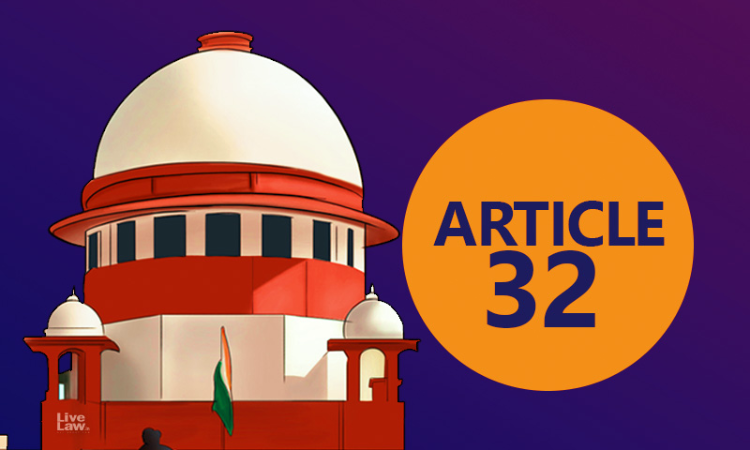Parties Cannot Directly Approach Supreme Court Under Article 32 Seeking Divorce On Ground Of Irretrievable Breakdown Of Marriage : SC
Ashok KM
1 May 2023 3:18 PM IST

Next Story
1 May 2023 3:18 PM IST
While holding that irretrievable breakdown of marriage can be a ground to grant divorce by invoking powers under Article 142 of the Constitution, the Supreme Court clarified that a party cannot file a writ petition under Article 32 of the Constitution of India and seek relief of dissolution of marriage on the ground of irretrievable breakdown of marriage directly from it.The Constitution...
